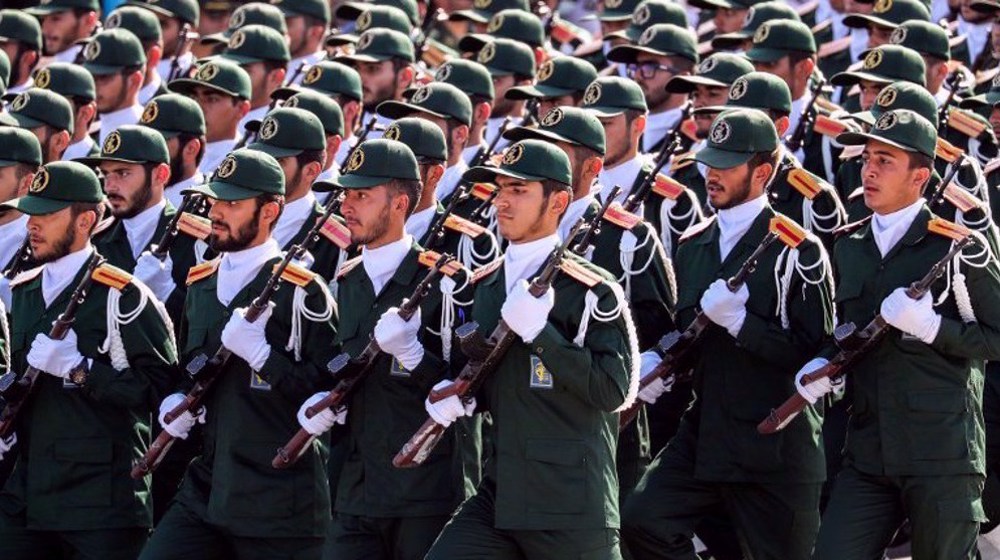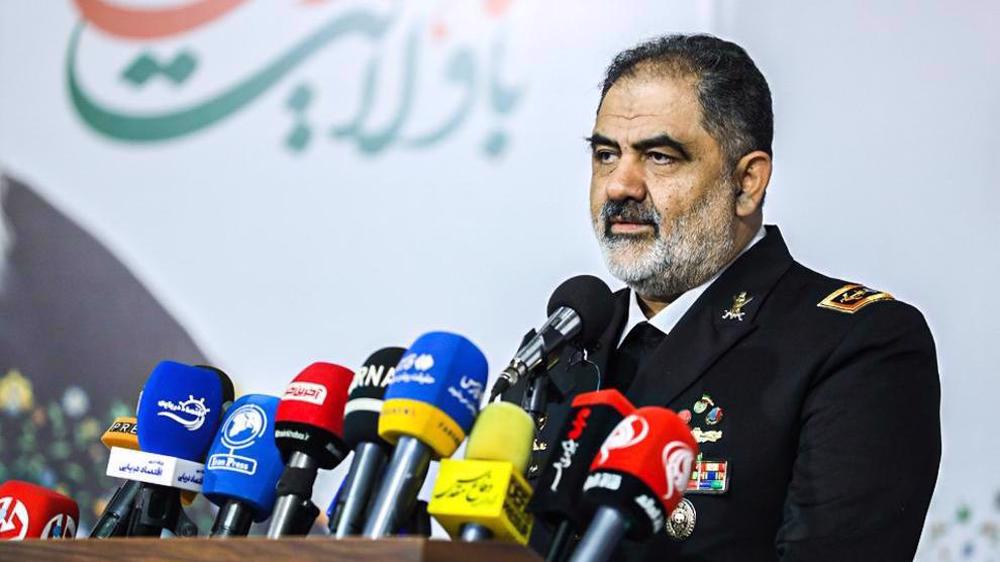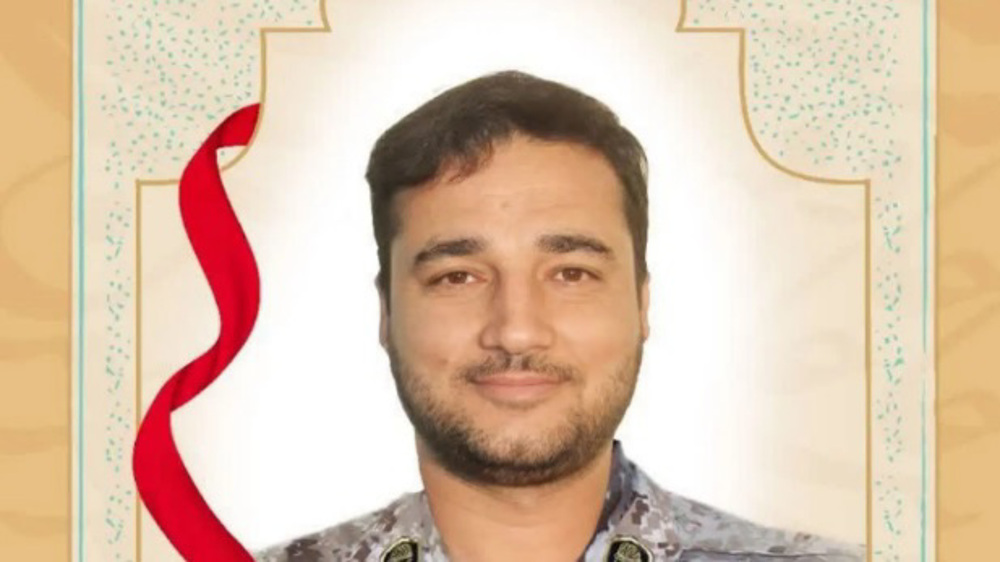Iran to target terrorists in any place: IRGC
Iran is strongly determined to fight terrorism, Commander of the Islamic Revolution Guards Corps’ (IRGC) Ground Forces Brigadier General Mohammad Pakpour says, adding that the Iranian forces will target terrorists "at any point."
He said on Sunday that the IRGC Ground Forces are resolved to rigorously confront moves by armed groups and terrorists in border areas, emphasizing that the terrorists’ positions will be targeted in any place.
During recent clashes between the IRGC Ground Forces and terrorists in the northwestern parts of the country near the border with Iraq, many members of terrorist groups, including a number of their senior officials and commanders, were killed, Pakpour added and noted that the terrorists were provoked by reactionary states to conduct acts of aggression.
The senior Iranian military commander said the terrorists’ main bases are located in northern Iraq and warned that if Iraq does not abide by its obligations in preventing their destabilizing measures against Iran, the terrorists' hideouts will be targeted at any spot and in any region.
He added that the IRGC forces are fully watchful of any move by terrorists and will give a decisive and swift response to any wicked act.
The IRGC forces on Saturday clashed with Kurdish militants who had infiltrated the city of Mahabad in the northwestern West Azerbaijan province to stage terrorist operations.
On June 15, Pakpour said the IRGC forces engaged in clashes with two terrorist groups in Iran’s northwest bordering Iraq and killed a number of terrorists.
He added that the two groups were trying to infiltrate into Iran through the Oshnavieh border area to carry out sabotage and terrorist attacks.
Pakpour did not touch on the affiliation of the attackers but such attacks in northwest Iran are often carried out by PJAK, an offshoot of the Kurdistan Workers' Party (PKK), which is active in Iraq and Turkey.
The Iranian armed forces recently killed ten terrorists in two separate operations in the northwest and the southeast. Those operations took place in West Azarbaijan province and the Khash region in the southeastern Sistan and Baluchestan province.
At least 19 Gazans killed by Israeli airstrikes since dawn: Medics
Leader: Iran has no proxy forces in West Asia
US fighter aircraft shot down ‘in friendly fire’ amid aggression on Yemen
Yemeni FM: Israel’s sponsors accountable for ongoing aggression on Sana’a
Eight Palestinians killed as Israel attacks Gaza school, hospitals
VIDEO | Rome, Milan host new protests in solidarity with Palestinians
Dec. 21: ‘Axis of Resistance’ operations against Israeli occupation
Spain jurists demand ties with Israel ties be cut










 This makes it easy to access the Press TV website
This makes it easy to access the Press TV website